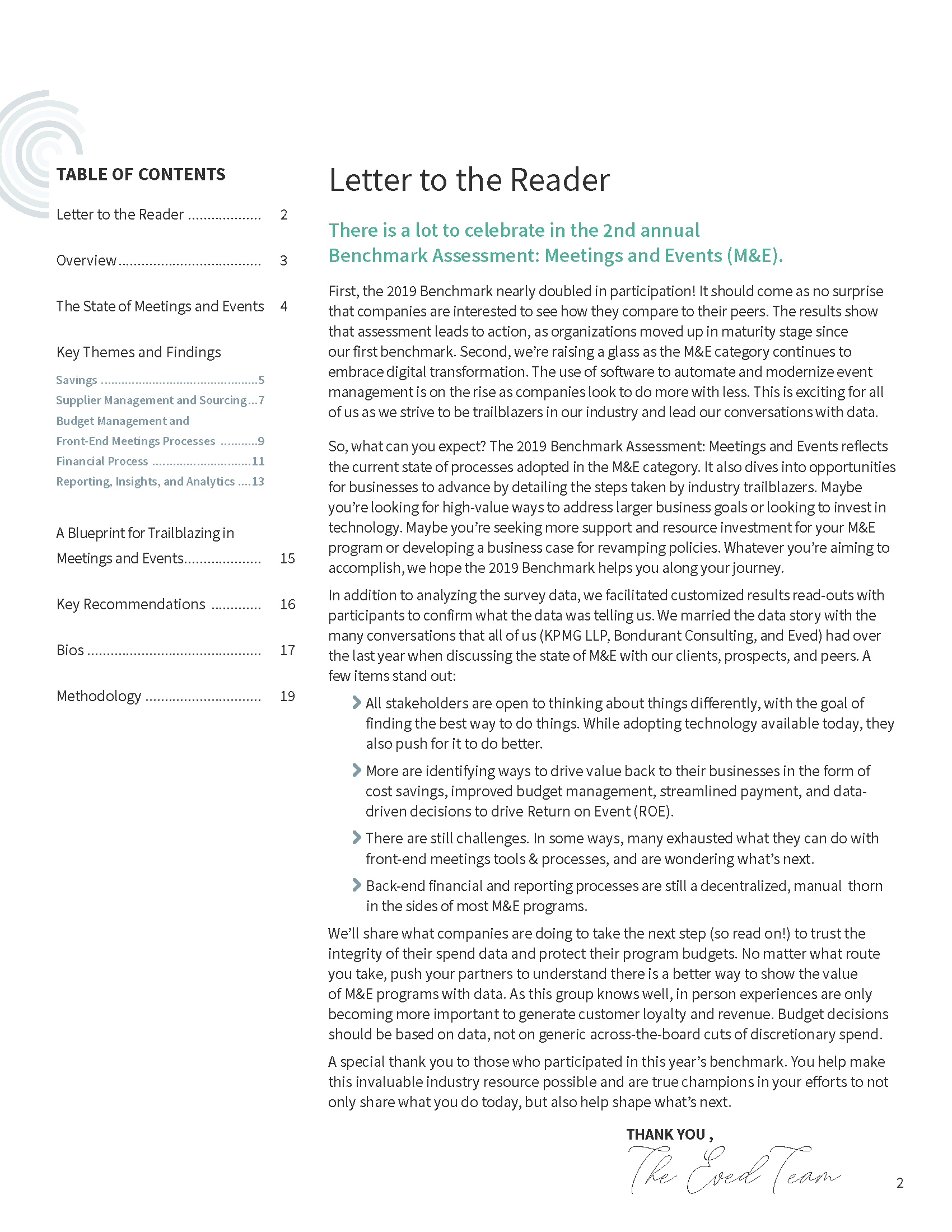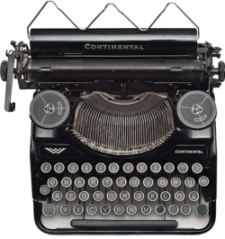Don’t make your event supplier crazy with your RFP…
There’s the common misconception that event suppliers are giddy with delight when they receive a new RFP from a client and that they are falling all over themselves to respond quickly. Often that isn’t actually the case-most often when an event planner has neglected to include key information that the supplier needs to be able to craft the RFP repsonse you’re looking for. Be a good partner to your supplier by offering up as much detail as possible when creating RFPs for your suppliers.
There are some important items that should be included in every meeting and event RFP.
- Detailed Program Information. Include as much information about the program as possible. If this is a program or event that has been held in the past, try to give your supplier some history about previous years. Tell your supplier about the objective of the program so they understand what you’re trying to accomplish. The more they know and understand about your program will help them to tailor an RFP response that meets your needs.
- Attendee Demographics. Demographics of the attendees is always helpful and can guide your supplier in proposing events, activities and other options that are appropriate to your group.
- Dates. Expected dates of your program and any events you’re asking your supplier to submit a proposal for. Dates can impact availability and pricing significantly.
- Detail or Estimates. Tell your supplier how much detail do you expect back from them-are you looking for a very specific proposal or are you ok with estimates and high level ideas?
- Contract Clauses. Make sure to tell your supplier if there are specific contract clauses you will need to include or other non-negotiable concessions and expectations.
- Budget. We all hate to show all our cards, but there’s nothing more frustrating for a supplier than to have no idea of budget. They all know you want their best price, but your budget allows them to select options that you can afford. Most suppliers will also break out additional options and upgrades so you can decide if you have the wiggle room in your budget for more bells and whistles. Even giving a budget range to a supplier can help them in their response.
- Response Due By. Clearly communicate to your supplier when you expect them to respond to your meeting and event RFP and don’t forget to do the same for them. Make sure they know when you expect to make a decision. Some suppliers may have put holds on space, activities and more with the hopes that they hold the winning proposal.
- RFP Format. How do you want the information returned to you? Is there a specific format you need them to use?
- Review Process. Let your suppliers know how RFPs are going to be considered. Do you have a client that is going to review their proposals? Is a committee involved?
- Additional Applicable Information. Depending on what your RFP is for (hotels, DMC services, A/V needs, etc), you may need to include additional information for your suppliers such as what your meeting space and sleeping room needs are, manifests for transportation or show schedules and agendas. Remember, the more information you can give your supplier, the better their proposal back to you will be.
Using these basic guidelines can help to make the RFP process go much more smoothly for you and your event suppliers.
Planners-what drives you crazy when working with suppliers on RFPs?
Suppliers-anything else you’d like to see from clients when receiving RFPs from them?
image credit: Ashley Sturgis





Recent Comments